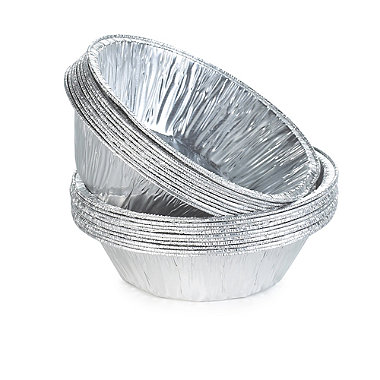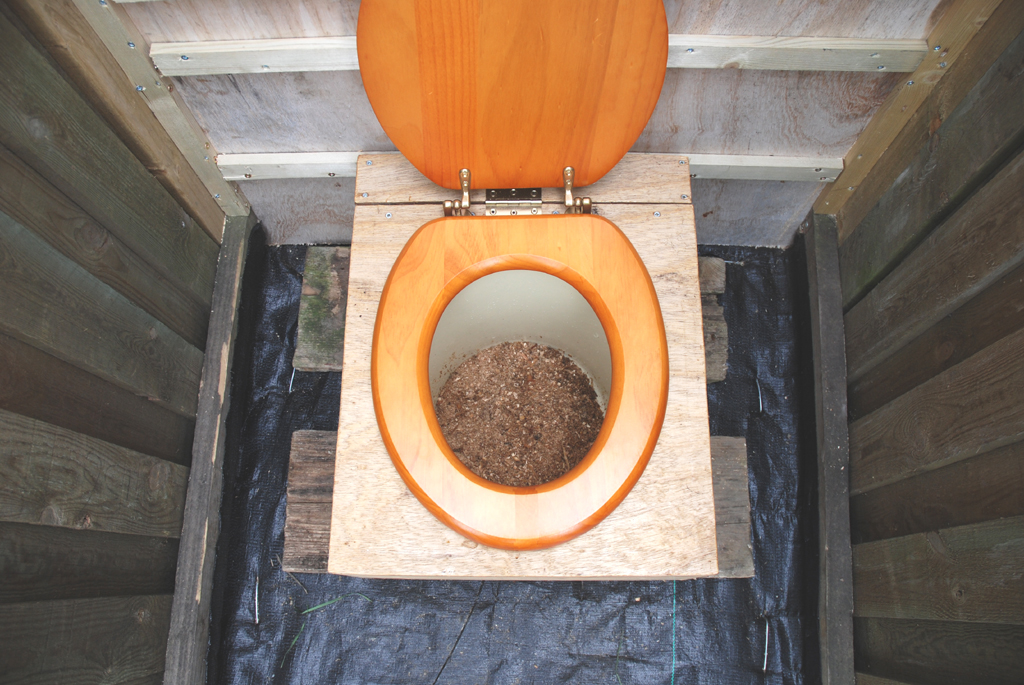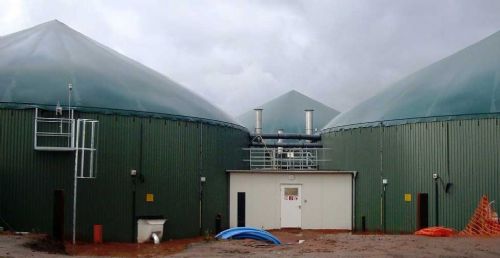


Mince pies, turkey, wine and
trays of party food are all the ingredients of a great Christmas celebration. Shropshire households are being urged to make it a ‘green’ Christmas by remembering to recycle all our festive aluminium
packaging including foil trays, aerosols, screw caps and tin foil.
With the average Shropshire household
expected to generate an extra 30% of rubbish over the festive period its really important to use your kerbside recycling scheme to recycle more.
At Christmas you’ll see
aluminium foil containers being used in a wide range of food packaging
including mince pies, oven-ready food such as turkey, sausages, party food and
pre-prepared vegetables. Aerosols are a major feature in our bathrooms and
bedrooms, used in deodorants, body sprays and haircare products. Once empty,
all can be recycled under the scheme.
Shropshire-based Rick Hindley who is Executive director of the
Aluminium Packaging Recycling Organisation (Alupro) Rick Hindley says:
“Aluminium food and drink cans are already a familiar sight in most household
recycling schemes, but it’s great to see that Shropshire also collects aerosols, foil trays, tin foil, metal lids from jars and aluminium screw caps from bottles too especially as we use more of them around Christmas. More than 580 million
aerosols are used in the UK each year, plus 16,000 tonnes of foil trays – so
recycling them has huge potential to save energy and cut the amount of waste
going to landfill.”



 Top tip
Top tip 


 Rake up fallen leaves from deciduous trees into manageable piles. Avoid evergreens as leaves are much tougher and take years to break down fully. A good idea is to collect leaves using a lawn mower because chopped leaves rot down a bit more quickly, but the end product is just as good.
Rake up fallen leaves from deciduous trees into manageable piles. Avoid evergreens as leaves are much tougher and take years to break down fully. A good idea is to collect leaves using a lawn mower because chopped leaves rot down a bit more quickly, but the end product is just as good. 

























